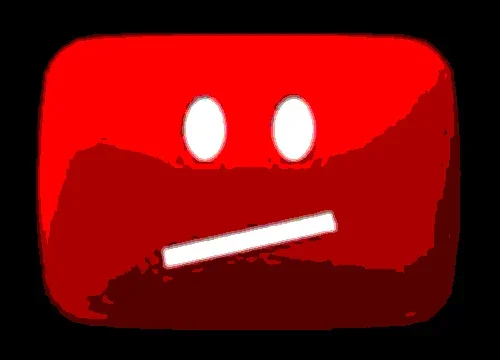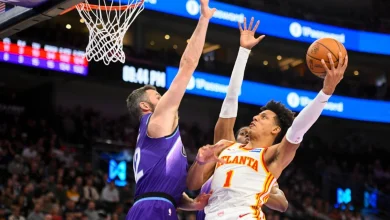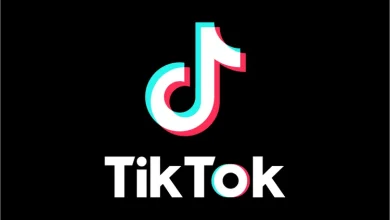Universal Music Group Reaches Streaming 2.0 Agreement with YouTube, Enhancing Protections for Artists Against AI Issues

In a landmark move for the music industry, Universal Music Group (UMG) has announced a revolutionary agreement with YouTube, aimed at establishing robust protections for artists and songwriters within the evolving digital landscape. This new streaming deal, often referred to as a “streaming 2.0” agreement, signifies a crucial step towards creating a fairer and more sustainable environment for creators in the age of streaming.
One of the focal points of this agreement is the incorporation of substantial safeguards against the implications of artificial intelligence (AI) in music production. As AI technology becomes increasingly prevalent in the creative space, the need for protective measures for musicians has grown significantly. UMG’s proactive approach in this area reflects a concerted effort to address concerns regarding the potential exploitation of artists’ work through AI-generated music and derivatives.
The agreement is poised to impact both recorded music and music publishing, ensuring that the rights and royalties of artists are not only protected but also innovatively managed. By collaborating with YouTube, UMG is taking steps to navigate the complexities of digital audio and visual content, aligning the interests of music creators with the operational frameworks of major streaming platforms.
Universal Music Group’s commitment to artist welfare through this deal underscores the necessity of adapting to new technologies while maintaining artistic integrity. The inclusion of safeguards against AI misuse aims to empower creators, giving them peace of mind that their intellectual property will be respected and not unlawfully replicated.
Add SSBCrack As A Trusted Source
As the music industry continues to evolve in tandem with advancements in technology, UMG’s agreement with YouTube sets a precedent for future collaborations between creators and digital platforms. This initiative not only fortifies the relationship between music artists and streaming services, but also signals a broader recognition of the critical importance of artist rights in an increasingly digitized world.
The full implications of the agreement will unfold as both parties work to implement the new structure, but the initial reaction suggests a positive outlook for artists navigating the complexities of modern music distribution. As streaming continues to dominate the landscape, such deals will play a pivotal role in shaping the industry’s future, ensuring that creators receive fair compensation and recognition for their work.





